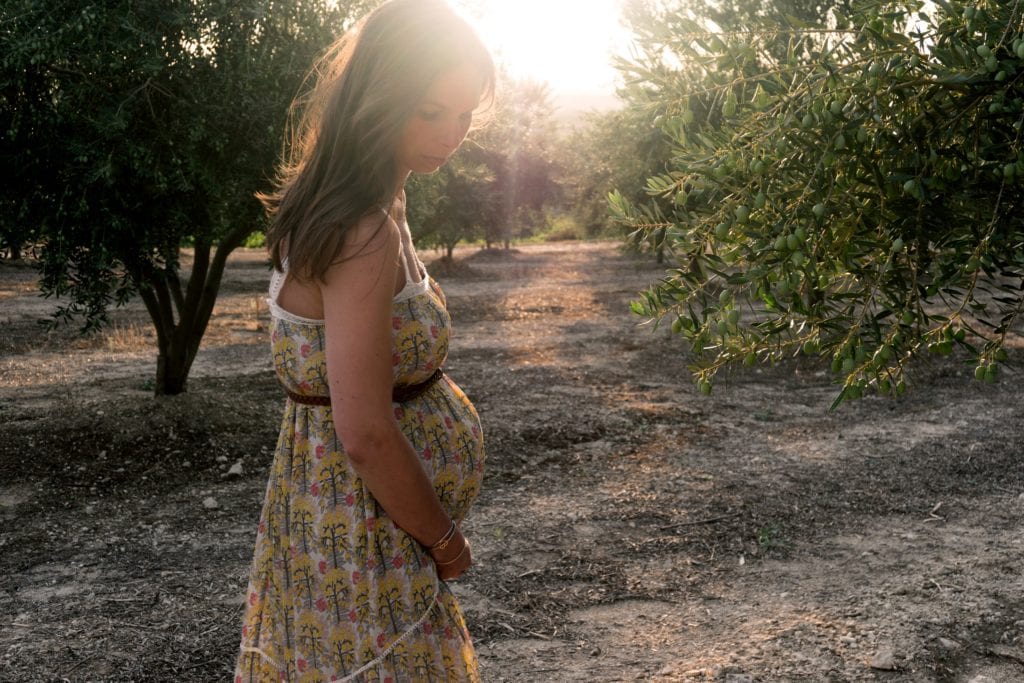
Employers fear the ‘risk’ of pregnancy among younger women seeking part-time jobs, research reveals.
Young married women without children and mothers with young children are likely to be discriminated against by potential employers when applying for part-time work.
This is the finding of new research involving Professor Sascha Becker, Xiaokai Yang Chair of Business and Economics at Monash Business School.
The concept of a ‘motherhood penalty’ refers to the decline in income, perceived competence, and chance for career progression that comes after a working woman has children.
Discrimination in childcare
However, Professor Becker’s research shows how the ‘motherhood penalty’ can strike before a woman even becomes pregnant.
It shows that discrimination occurs when women are job hunting and they are penalised for the ‘risk’ of pregnancy.
The research by Professor Becker and co-authors Ana Fernandes (Bern University of Applied Sciences) and Doris Weichselbaumer (Johannes Kepler University of Linz), tests the theory that this discrimination is due to the general perception that childcare is most likely to fall to women than men.
It did this by a field experiment, sending out around 9000 fake job applications for part-time jobs to employers across Germany, Switzerland and Austria.
In these countries, it is common for job applicants to volunteer their marital status and age of children.
“What we found is those female applicants for part-time jobs who revealed they were married and childless, indicating they had a greater likelihood of becoming pregnant, were clearly disadvantaged compared to single, childless applicants,” Professor Becker says.
“We also find that female applicants with younger children receive fewer job callbacks than women with older children.”
Finding a job
Fictitious job candidates, aged 30, male and female, were randomly assigned various family types in a range between single and childless, or married and childless, to married and having two younger (aged 3 and 5 years) or two older (7 and 9 years) children.
Past work experience was kept the same for the applicants. The jobs applied for were secretarial and accounting jobs across the three countries, with the applications answering jobs posted online.
The jobs applied for were both for full and part-time work.
“We applied to female-dominated jobs because we were interested in whether or not fertility matters in occupations that are generally open to women,” says Professor Becker.
In all cases, two applications with different features were sent to each company. The test was whether either ‘applicant’ was asked for an interview.
“Whenever our candidates received an invitation to an interview, in order to minimise costs for the employer, we quickly declined, saying that another offer had materialised in the meantime,” he says.
The research found the discrimination was not present in applying for full-time jobs, because in applying for these types of jobs women were signalling they had arranged for external childcare.
Employers are more concerned about the marital status and age of children for those applying for part-time work. Part-time work acts as a signal that those applying are looking for a job that is suited to looking after children.

Age matters
One finding that was surprising, he says, was that age matters in relation to children.
“We found that the fact that a woman has young children acts as a signal that if that child falls ill, they will be responsible for its childcare,” says Professor Becker.
“But once your kids are older, people assume you have your family life sorted.”
Both issues of discrimination focus on the cost to employers. Pregnancy results in employers needing to find staff replacements and women are more likely to have to take a day off to nurse sick children.
“Before we started the study we thought of the signals of future fertility versus a woman who already has two children may signal they will not have more,” says Professor Becker
The assumption by many employers is that women with two older children are less likely to have a third child.
Data from the German Socio-Economic Panel, a longitudinal survey of approximately 11,000 private German households, shows that married childless women are more likely to have children than childless single women. The data also shows that mothers of young children are more likely to be absent from work than mothers of older children.
Fewer callback rates
For part-time jobs, there was a substantial difference in callback rates. Married childless women applying to part-time jobs have the lowest callback rates.
Women with two older children have the highest rates. With the gap between the two groups being 14 percentage points.
Since the research has been released, there has been a significant reaction from human resources executives in those countries.
“We have had some human resources experts get in touch over LinkedIn asking us what they can do to avoid this prejudice,” Professor Becker says.
“There is a movement in German-speaking countries to constrain the information candidates report – so they don’t reveal things that would bias against them. Using set online forms is one way to restrict the information that can be provided.”

Global implications
The study has worldwide implications in terms of employers’ unconscious fears about interruptions in the workplace.
“We doubt that German, Austrian and Swiss employers are any more discriminatory than employers worldwide,” Professor Becker says.
“Ultimately these issues require a promise or consensus by society in relation to the role of men and women in raising kids. German-speaking countries are still quite traditional and in the vast majority of families, women are the primary carers of children. Once it becomes the norm that men and women both look after kids, women will be treated more equally in hiring.”
The study, Discrimination in hiring based on potential and realized fertility: Evidence from a large-scale field experiment, can be downloaded here.


